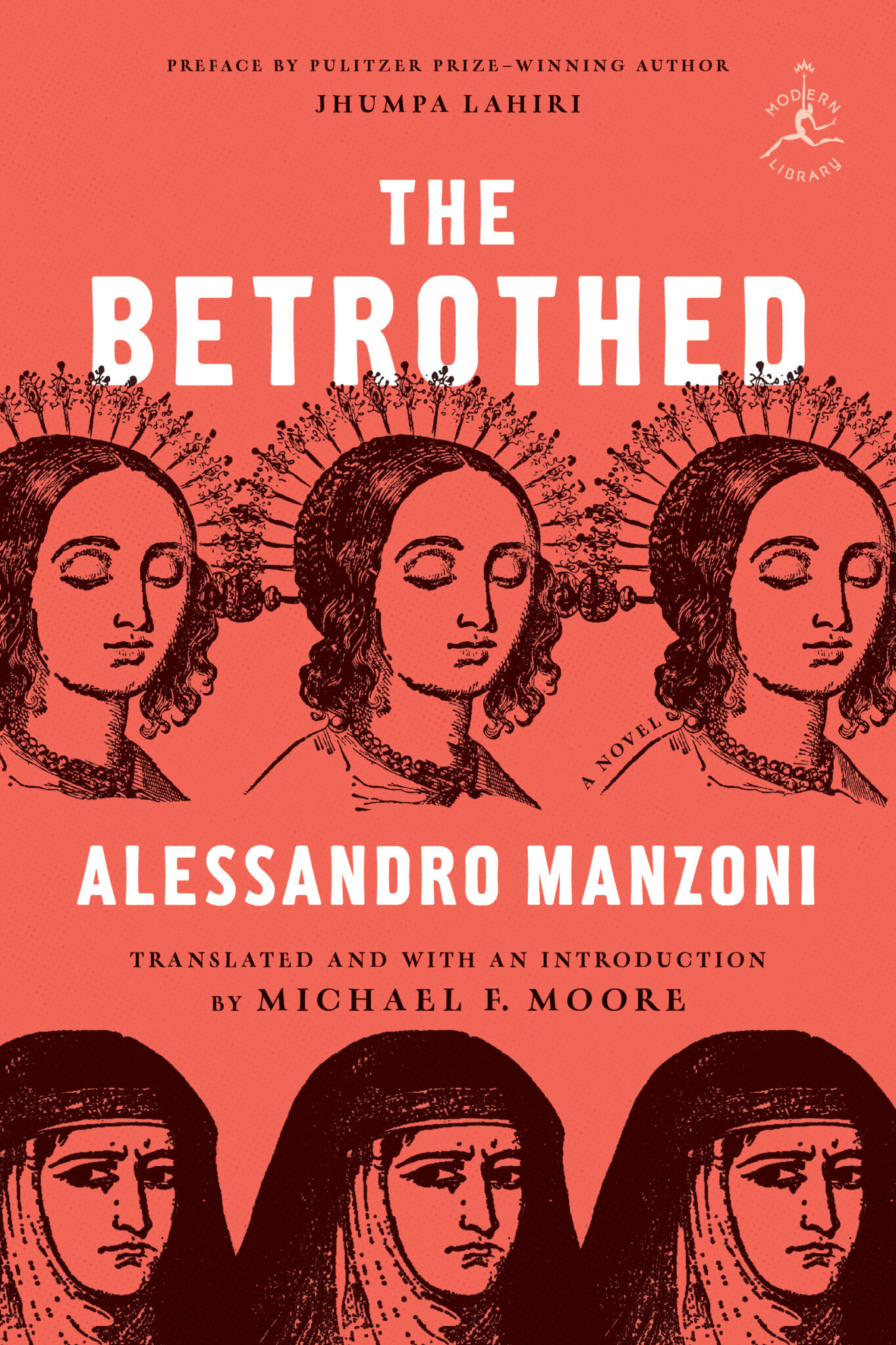


You translated authors such as Genovesi, Moravia, and Levi during your brilliant career.

Most of all he loves the lush landscape of Lombardy, especially near Lake Como, and always stops in wonder to contemplate it, like Renzo witnessing the rising sun after his escape from Milan. He loves music and the lyrical possibilities of the Italian language.

He has a very strong sense of right and wrong, and is indignant at the injustices suffered by the common people. Every now and then he gets on his moral high horse, but after preaching for a while he realizes he’s gone on for too long, and stops to tell a humorous anecdote. He’s more of a bemused uncle, telling stories and staging a puppet show for your entertainment. The Manzoni I envision is unlike the severe figure we see in the various portraits of the era. All they want is your undivided attention. They don’t want anything to eat or drink. I often compare the authors I translate to houseguests: They drop by to visit and never leave! They stay until late at night and are still there in the morning when you wake up. Let’s get right into the matter: what relationship does Michael Moore have with the author of The Betrothed?įunny you should ask that. Admired and intrigued by the charm of the enterprise, we asked Moore a few questions. This decade-long work rediscovers the American version after half a century – the last translation dates back to 1951 – near the anniversary of the 150th anniversary of the author’s death (which will fall in May 2023). The renowned Italianist Moore (former interpreter at the UN Italian Embassy and chair of the PEN in New York) proposes Manzoni’s masterpiece – which is still considered the basis of our national language nowadays – to American readers. The American translation of The Betrothed by Michael Moore is released for the Modern Library editions today.


 0 kommentar(er)
0 kommentar(er)
